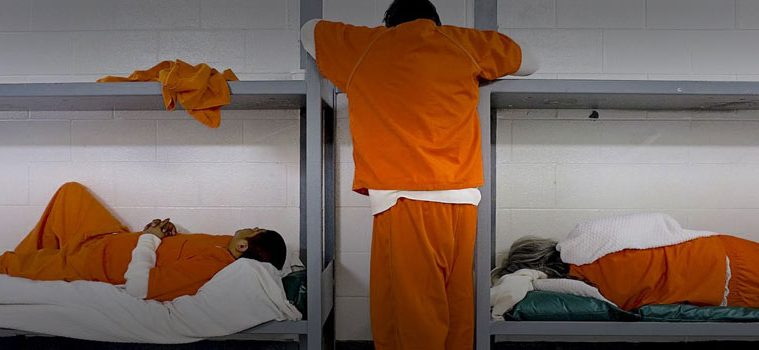GANGA AIN’T LEGAL EVERYWHERE, YET! –
Nov. 10, 2023 – Dr. Hoover pointed to a Rhode Island study that showed a 12% decrease in statewide overdoses following the implementation of medication-assisted therapy in its prison system in 2016.
The common practice of leaving incarcerated individuals to endure withdrawal without treatment increases their vulnerability to resuming drug use, engaging in criminal activities, and facing a heightened risk of overdose upon release.
“Many of these individuals are released back to the community within days,” said Dr. Hoover. “Their health is community health. That time in jail is the reachable moment to begin their path to treatment and recovery.”
The experts noted the challenges posed by the lack of funding for substance use disorder (SUD) treatment within the criminal legal system and the absence of health insurance coverage during incarceration, which contribute to poor SUD treatment access for this population.
Despite the availability of FDA-approved medications like methadone, buprenorphine, and naltrexone for opioid use disorder, their provision remains rare in American prison systems.
In Oregon, access to buprenorphine is available in the state prison system, but is inconsistent in local jails.
“Lack of criminal legal system funding apportioned for (substance use disorder, or SUD) treatment and lack of health insurance coverage during incarceration further contribute to poor SUD treatment access for this population,” wrote the researchers.



